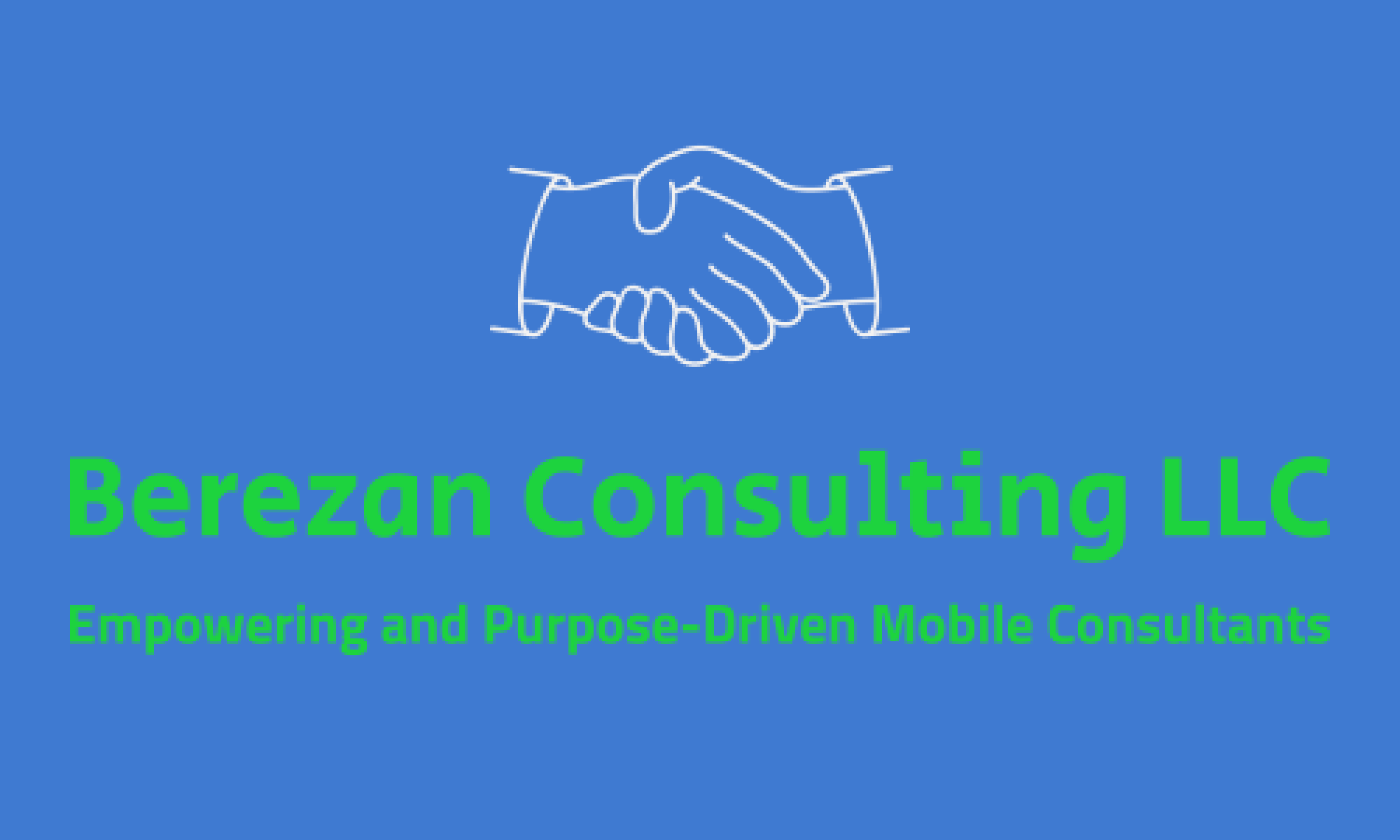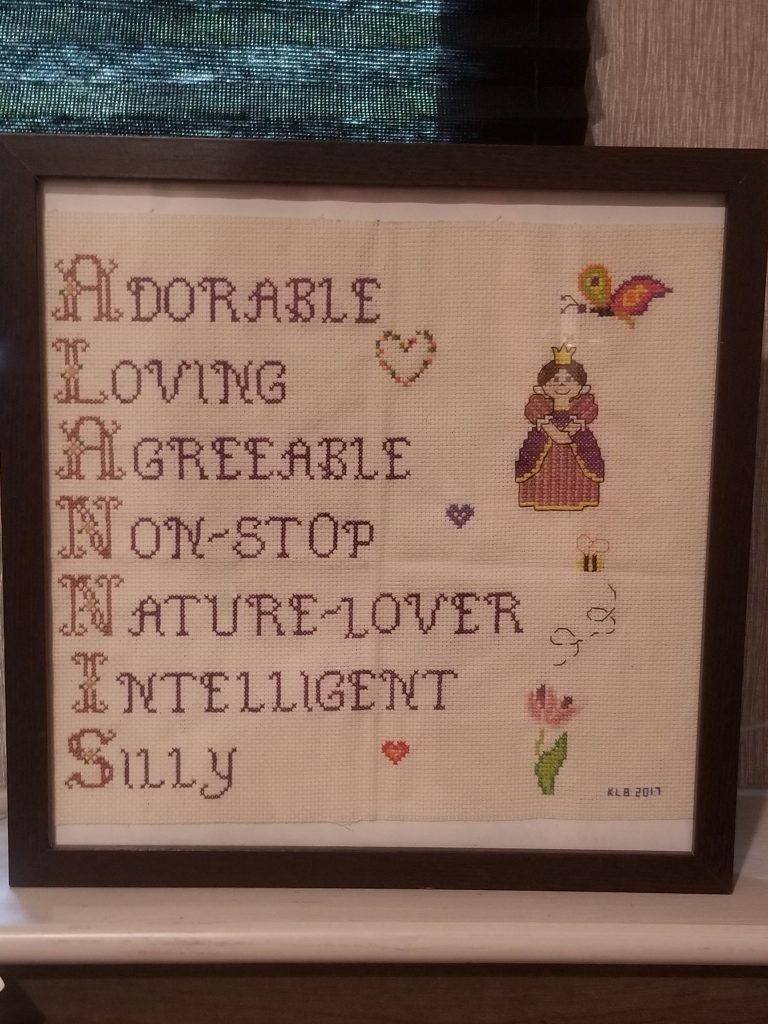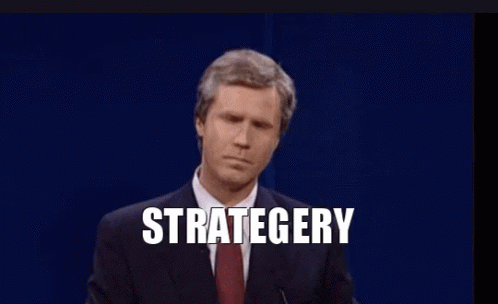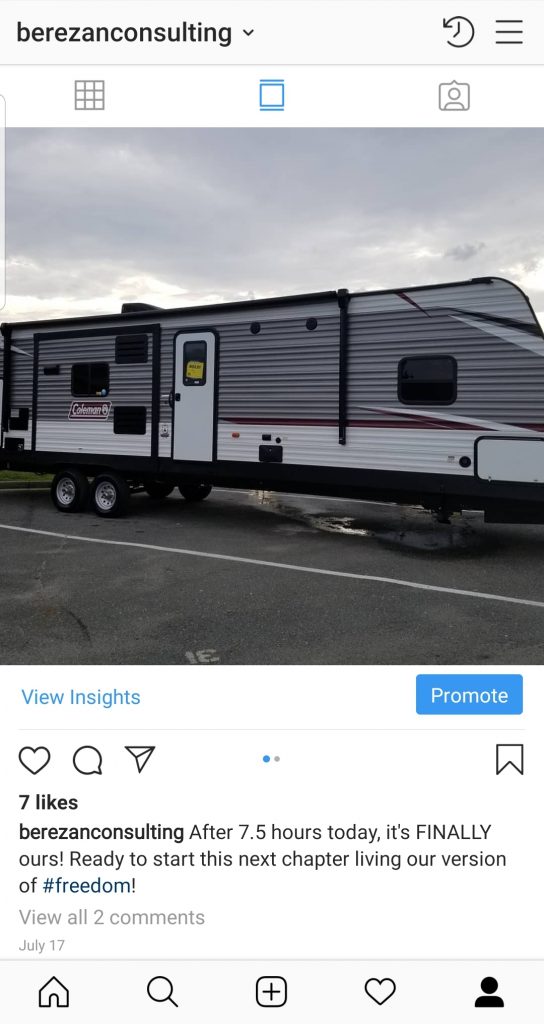Now is the time of year that we as a society tend to place emphasis on expressing gratitude for those we appreciate and contributing acts of charity for those in need. In business, when we start thinking about how we are giving back or expressing gratitude we consider the stakeholders of our company.
Do you know who the stakeholders of your company are? According to Investopedia, stakeholders are “parties that have an interest in the company and can either affect or be affected by the business”. Begin to consider the questions:
Who are my stakeholders?
and
How do I serve the stakeholders in my business? Can I improve?
If you do an internet search on stakeholder management, you will probably find a lot of articles discussing management from the perspective of working on a project having to manage stakeholder input and needs. In this blog, I intend to describe a form of stakeholder management that interacts with each stakeholder on its own. In this scenario, stakeholders are not coming together, you are ensuring your individual business relationship with each is nurtured.
Using the source articles cited at the end, I compiled a list with some information of three internal stakeholders and three external stakeholders that could be involved in your business. I also offer some considerations when appreciating stakeholders.
OWNERS (Internal)
Naturally, owners of the business are stakeholders- people that can affect and be affected by the company. Owners affect the business by supplying capital and equity into your business, deciding how operations run, and having a percentage of financial interest in the company. If the business is yours, this means you. This also means anyone else who is named in the Operating Agreement or Corporate Bylaws as having any percentage of ownership-interest in the company.
How does your company serve the Owner stakeholders?
On the surface, this can mean that your business is financially supporting you (and any other owners) and you can live comfortably. Dig a little deeper and you might consider the free time or family time you may be able to choose to have because of how you manage your own business. Take it to another level and maybe you own your own business because the work you do is meaningful to you. People who utilize their natural skills and talents can be fulfilling their life purpose by adding more of their skills and creations with their talents into the world.
Also, have you ever considered what your legacy will be? How will people remember you after you are gone? Many think about their children, other family, or friends being their legacy. Memories, property, or accumulated wealth can be left behind for your loved ones to be enjoyed or buoy their successes. But when you consider your business, is there more to leave behind? A financially successful business can allow you to make tax deductible charitable donations to causes that are important to you. You can also create alliances with other businesses or non-profit organizations to improve or influence your community. Using accumulated clout with your business can transform you from small business owner to agent of change for your community!
INVESTORS (Internal)
Investors are another stakeholder. Money is not the only investment that can be made into your company. Investors can also be those people or organizations that supply your business with ideas, advice, promotions, connections, or motivation. Who does that mean for you?
Naturally, financial investors make the cut on the appreciation list. But who else potentially could be recognized for their investment? Perhaps a free consultation with someone provided you with some advice or ideas that helped you take the next step or solve a problem you were having. Maybe you have an intern that does side work for you for experience or you have a close relationship with a local or social media group administrator that helps promote you in the group. Friends or family members that listen to you during a hard time and keep you motivated also fall into this category. Any of these could be situations where someone invested their interest, time, or knowledge into you or your business.
How does your company serve investors?
For any of those situations, tokens of appreciation are valued. If your business can afford it, set aside a budget for such tokens- a bouquet of flowers, food treats, or tickets for some form of entertainment make great gifts and can be expensed through your business (another tax deduction)! Can’t afford to spend extra money? You can gift out products you already sell for free or customize them, offer up your time to reciprocate help you received, or set up an agreement to cross-promote your businesses to boost each other’s success.
Generating profits also puts a smile on investors’ faces because (depending on your agreement) they receive payments based on your success. Quality financial management can ensure you are retaining the largest percentage of revenues you can. But another perspective to consider is how you or representatives of your business engage with other stakeholders. If your business is in good standing and has a reputation as being trustworthy and respectful, your investors will feel good about investing in you and feel well-represented.
EMPLOYEES (Internal)
Employees or independent contractors are the people that work for your company but do not have ownership-interest in the company. They expect benefits and incentives for their work. You fulfill this in the form of their wages, insurance, and retirement benefits you may offer them. Are you financially fair and industry competitive with their compensation? Consider that, but also know that serving them as a stakeholder goes beyond financial compensation.
How can you commit to showing your employees or contractors your appreciation for their hard work and contributions?
Tokens of appreciation or bonuses are appreciated this time of year. Also consider how you can demonstrate your appreciation for this group year-round. Are you able to be flexible with their time for family emergencies or important family events? Are their ideas heard or implemented allowing them to feel heard and valuable? Do you extend the same employer-employee loyalty you expect from them?
Employees also appreciate, if not expect, career growth and job satisfaction from their employment with you. How do you contribute to your employees’ career growth? Do they feel connected to the company’s Mission Statement, giving their work meaning and purpose? Do your employees understand how their work connects or contributes to the greater value of your community?
SUPPLIERS (External)
Suppliers are stakeholders that sell you goods or otherwise provide you with resources for your business. You should be able to compile a supplier list by printing a vendor list out of your Quickbooks reports.
Suppliers affect your business and they are also affected by your business relationship with them. You know this if you ever have had to deal with one of your suppliers being out of stock. Have you ever considered what might happen if their business did not exist anymore at all? Is it possible to conceptualize how many people employed by the supplier might be affected by your purchases? If you were to switch from a national supplier to a local supplier, how much would that affect your bottom line? The supplier’s bottom line?
How does your company serve its suppliers?
An internet search on “how to improve relations with suppliers” yielded this “listicle” addressing strategies for Supplier Relationship Management but specifies that any of the strategies required both parties to have “mutual respect, an understanding of the mutual benefits of the relationship, trust in each other, fairness, and honesty.” Each relationship will be different. How can you promote these things in your own supplier relationships?
CUSTOMERS (External)
Customers are very directly affected by your business! These are people impacted by the quality of your product or service. Who are your customers? Know who your customer really is. What demographics would they fall under? What are their needs? Their expectations? What can you do to learn the social or consumer habits of your customers or clients? Understanding who your customer is enables you to know how you can customize your products or services to serve them best.
How do you let your customers know they are appreciated and valued?
If you as a customer like to receive discounts, coupons, or freebies from places you shop, chances are your own customers would enjoy those perks, too! Aside from these tangible “thank you’s”, the source articles listed below offered some other ideas to communicate your appreciation. These ideas include being authentic in your dealings and communications, responding timely to messages and phone calls, and listening to customer feedback. Also, following up with customers, taking ownership of mistakes or problems, and not letting the size of the sale influencing how you treat a customer or potential customer. These non-tangibles not only communicate appreciation, but respect and trust. All three are necessary components in any relationship- business or personal.
COMMUNITY (External)
As mentioned before, your company can allow you to become an agent of change in your community. Having employees, as listed above, creates jobs. Your business, and those jobs, contributes to the growth of wealth in your community. Becoming an agent of change means you can also, if necessary, contribute to the health, safety, and the environment where you live and conduct business. What social issues does your community face that your company could provide a solution for? How do your business skills and offerings match up? Answering these questions can help you determine what segments of your community population you can serve best.
How can your business participate in serving your community? What can you do to hear your community’s needs?
Check your local government offices and community boards for town hall, school board, or other meetings where people or organizations are discussing or even voting on problems your community is facing. Learn what is being done already and discover the gaps that you might be able to fill. Once you know where you can fit in, you can start initiating alliances and creating partnerships to become an agent of change or productivity for your community!
Owning a small business is more than just the day-to-day transactions that cycle the flow of money through your company or your home. Your business is your social presence in your community. Stakeholder considerations and management promotes a courteous and responsible social presence. We encourage you to review your own stakeholders and how you can show your appreciation gratitude year-round. After all, your stakeholders are the puzzle pieces that provide you the big picture of your business!
Thank you for reading!
Kirsten
Sources:
https://www.investopedia.com/terms/s/stakeholder.asp
https://www.activecampaign.com/blog/types-of-stakeholders
https://bizfluent.com/info-8397448-key-stakeholders-organization.html
https://www.investopedia.com/terms/r/relationship-banking.asp
https://www.investopedia.com/terms/c/customer.asp
https://www.thinkadvisor.com/2017/06/19/22-ways-to-make-customers-feel-valued/
Photo Credit:












